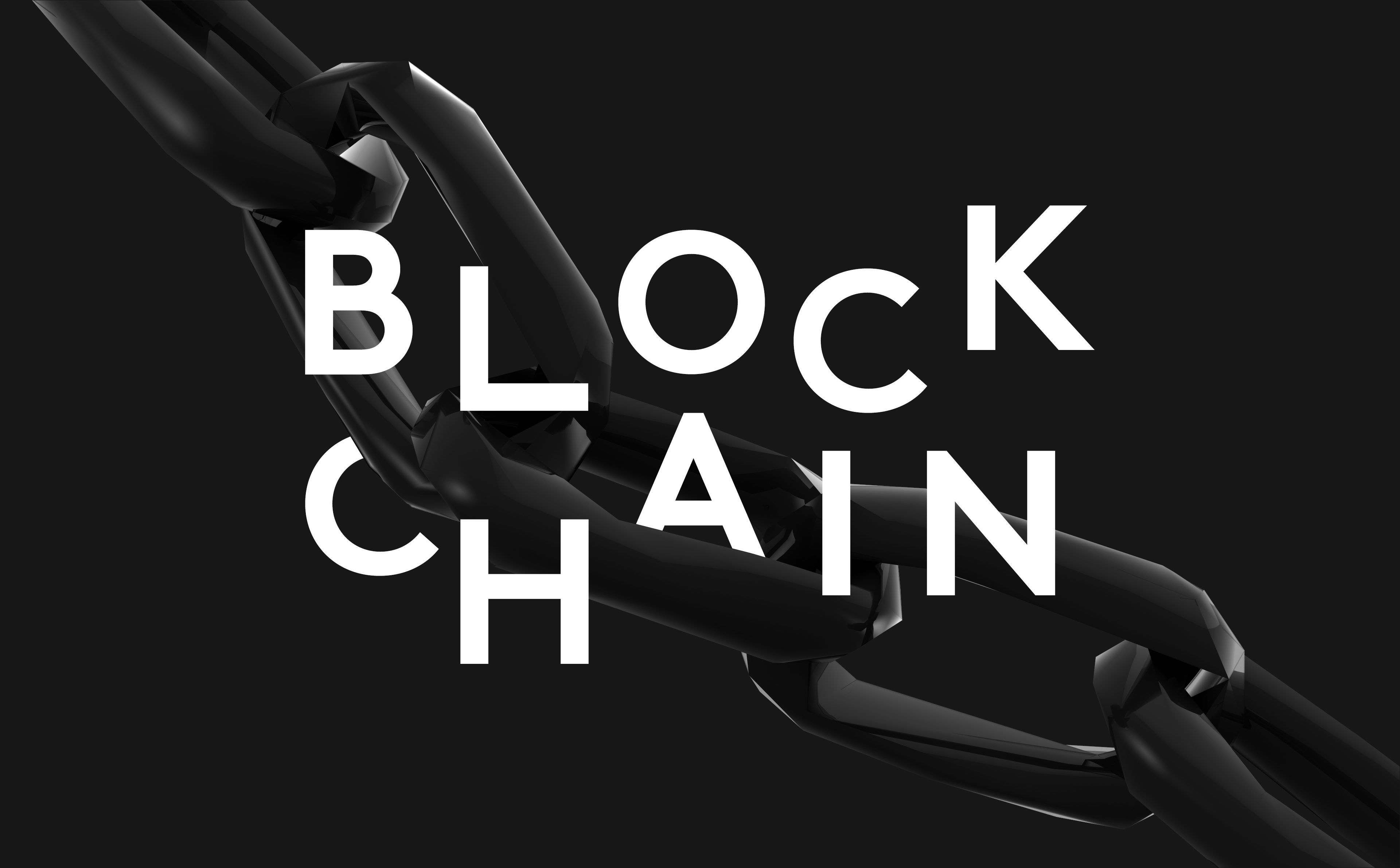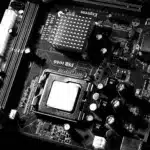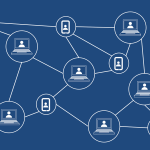
Cyber Security
The vulnerability of Internet of Things was laid bare in 2016 when the world was subjected to the most powerful DDOs attacks ever witnessed to date. The infamous Mirai botnet was used to conduct a DDOs attack on Brian Krebs website and OHV, a hosting company in France. A cyber-attack assault was also conducted on Dyn, a large DNS and email provider producing a bandwidth of 1 terabyte per second. These attacks affected about 150,000 smart devices turning them into bots that could be controlled remotely. These incidents were the first to leverage on IoT for malicious purposes. They also highlighted how crucial IoT security is.
Block chain for Internet of Things security
-
Block chain
Blockchain technology was invented in 2008 by Satoshi Nakamoto. It was intended for use with bitcoin as a public transaction ledger. It is a perpetually growing list of records that are linked and secured using cryptography. The list of records is called blocks, every block contains a cryptographic hash of the preceding block, a time stamp, and transaction data. Blockchain can only be distributed but not altered. For blockchain to be used as a distributed ledger, it is managed by a peer-to-peer network that collectively adheres to a protocol for validating new blocks. Once data in any block has been recorded, it cannot be altered without altering all subsequent blocks which on the other hand requires the collusion of the network majority. By all estimations, blockchain is very secure and has other potential uses other than what it was originally devised for.
-
Internet of Things
The sense of security posed by blockchain technology has attracted the attention of many IoT experts among them Joseph Pindar, the co-founder of Trust Internet of Things Alliance, a lobby group advocating for the use of blockchain to secure IoT. According to Pindar, for Internet of Things data to be trusted, all requests are aggregated into a single location hence creating a single point of security intelligence which in return compromises IoT security making it susceptible to DDOs attacks like those witnessed in 2016. Blockchain eliminates this single point of decision making by allowing devices to form a group consensus about what is normal within the network while quarantining nodes that are behaving unusually.
You May Also Like This : “ Smart Sensors Fulfilling The Promise Of The IoT“
Pindar further explains blockchain will introduce the five security primitives; availability, confidentiality, auditability, integrity, and accountability. In blockchain, all data is automatically stored in numerous locations and is readily available to users. A private permission-based blockchain in used whereby every single device is accountable for its actions, this ensures auditability and accountability. To ensure the integrity of data, blockchain ensures that every deletion or correction of data is confirmed by the network and that a complete chain of events is created.
Block chain has already gained adoption in the retail sector to check the authenticity of high- value goods. It has also gained application in pharmaceutical supply chains to ensure that tailored gene therapy drugs are delivered to the right individuals. The block chain is also certain to profoundly improve the security of IoT. Its adoption in IoT is guaranteed to keep DDOs attacks like those witnessed in 2016 at bay.






















2 Comments